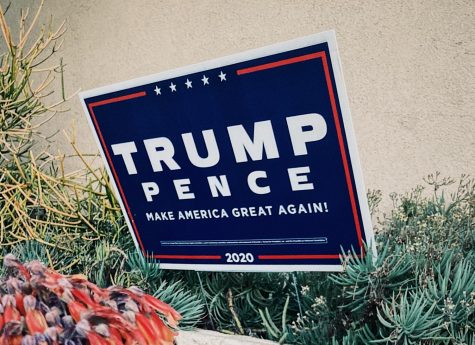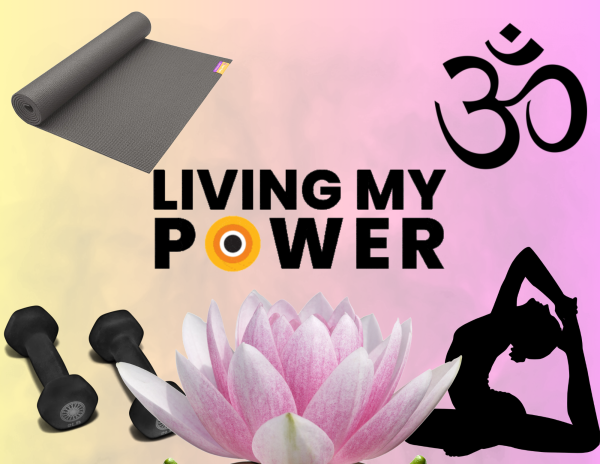Political Polarization

Why is politics so divisive? “34% of registered voters identify as independents, 33% as Democrats and 29% as Republicans,” so why do most see their opinions as black and white? In today’s political climate, taking sides often overshadows values and relationships. Learning where our political opinions come from can greatly predict our future voting decisions and help us understand the opinions of others.
During our childhood, we learn by imitation. Copying our parents, teachers, and friends are how we find our place in the world and our moral values. The majority of children tend to follow their parents’ political decisions during their early years, and many of these opinions will stick with them throughout life. Some families also expose and raise their kids with religious values in mind, and though there is a separation of church and state within the United States, issues regarding topics such as marriage hold a strong connection to religious beliefs. Growing up, most children spend a great deal of time at home and learn ethics from their guardians or others in the household. On the occasion that one’s political opinions differ from those of their family, there often is a spirit of hostility or discomfort that can keep someone from shifting their views.
According to Business Insider, the average American spends 1,170 hours in school a year and most spend at least twelve years in class. From a very young age, students are placed into an education system where, even with math and English as the primary focus, they are exposed to government issues and ethics.
Lacking representation in powerful government positions, women, people of color, and lower-class individuals typically participate in volunteer and local politics instead of going for higher positions, even though studies have shown white males do not have higher electability. In turn, the United States government, along with the administrations of many other countries, is dominated by white males. Though this is changing with 2020 bringing a 46% increase of women of color in office according to Who Leads Us, “In 79 of the 100 largest cities, the percentage of white people in office exceeds the percentage of white people in the population.”
According to the Moral Foundations Theory, though different cultures tend to hold varying moral values, there are many consistent and recurring themes throughout. Most people agree with these ethical principles but disagree on which are most important. Conservatives typically believe that the main purpose of our society is safety and security, therefore explaining their tendency to side with policies like securing borders and funding the military. Unlike conservatives, liberals feel that society’s goal should be to enhance wellbeing and happiness, explaining their support of free healthcare and equality as noted by Greater Good Berkeley. Because the two sides value different ideals above others, it can be far too easy for Democrats and Republicans to simply dismiss arguments made from the opposing position.
43% of Americans get their news from social media and 49% from television, Pew Research Center says. Not all information on social media is regulated, and the systems to do so are created by the company itself. So, it is highly possible for biased news to dominate the sites. In regards to television, many networks side with a specific political party. The partisanship in broadcast news is a major contributor to confirmation bias, “the tendency to gather evidence that confirms preexisting expectations, typically by emphasizing or pursuing supporting evidence while dismissing or failing to seek contradictory evidence,” and may neglect stories or views that conflict with their political values.
In today’s political climate, it is even less common to see people change their party or recount previous opinions and statements. With increased loyalty to their party, politicians and others are becoming more prone to simply supporting their side’s policies even when they may not agree with the subject. Though in some instances this is necessary to maintain support from peers, it can become dangerous. Contrary to what some may believe, those more engaged and educated in politics switch their party much less and are strictly loyal to their side according to Pew Research.
It is far too easy to dismiss other viewpoints because they go against our own, but in the end, it only adds to the miscommunication and hate. Taking simple steps like following someone you do not agree with on social media, varying your news sources, and just being open to other points of view can help create a more united society. By understanding our own and other political ideals and how they are formed, society can begin to grow away from the polarized political climate of today and find a healthy relationship with politics.
Your donation will support the student journalists of Huntington Beach High School. Your contribution will allow us to cover our annual website hosting costs.
Thank you for supporting our program!






